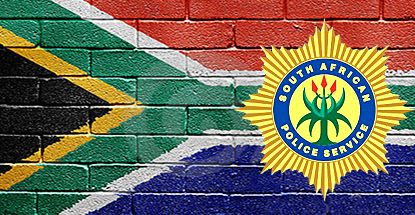 It’s increasingly evident that gamblers in South Africa waiting for legal online poker and casino games will have to vote in a different national government.
It’s increasingly evident that gamblers in South Africa waiting for legal online poker and casino games will have to vote in a different national government.
Over the past few years, parliamentarian Geordin Hill-Lewis has proposed legislation that would expand the nation’s current online sports betting regime to include poker and casino options. But Hill-Lewis’s Democratic Alliance party remains in opposition and the ruling African National Congress party has shown zero interest in advancing his bills.
This week, the Department of Trade and Industry and the National Gambling Board (NGB) doubled down on their anti-online stance by calling for the development of strategies to prevent unauthorized forms of online gambling from being beamed in from outside the country.
Legislators, regulators, banks, academics and other stakeholders were all in attendance at a seminar in Johannesburg to address how best to combat the problem of illegal online gambling. The Casino Association of South Africa has claimed that illegal online gambling is responsible for at least 5% of the land-based gaming industry’s decline over the past couple years.
NGB member Estelle Johnkheid said the government had established a “multi-disciplinary task team” to consider “strategies, interventions and actions against more than 2,000 illegal operators and sites” currently serving South African punters.
Tasoulla Hadjigeorgio, the CEO of LottoStar, a locally licensed fixed-odds sports betting site, said much of the problem was that South African gamblers were unclear on which sites were officially authorized. Hadjigeorgio suggested stakeholders devise “solutions to ensure consumers are properly educated on the legalities and implications of the various platforms currently available.”
A frustrated Hill-Lewis slammed the government’s plans, saying online gambling was “normal and acceptable, and people should be allowed to do it” provided the government “set rules and guidelines” to control the activity. Merely banning the activity “will never stop the problem, because it will simply continue without any enforcement or protection for the public, as is the case now.”
